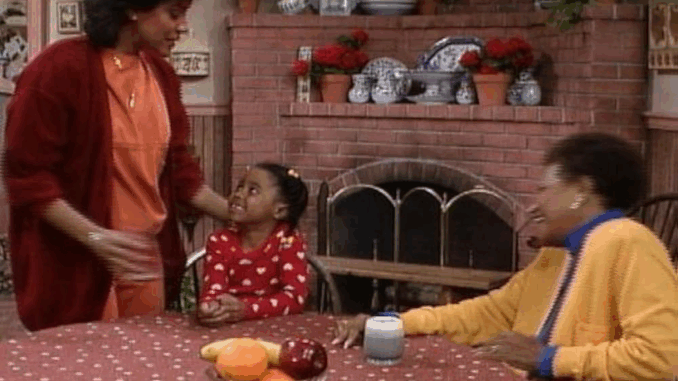
When The Cosby Show premiered in 1984, it was more than just a hit sitcom—it was a cultural milestone that reshaped how the ‘American Dream’ was perceived, particularly for African Americans. At a time when mainstream media often relegated Black families to stereotypes of struggle and hardship, the Huxtables represented a new narrative: a prosperous, educated, and loving Black family thriving in middle-class America. This portrayal redefined what success looked like and expanded the possibilities of the American Dream for millions.
Breaking Stereotypes, Building Aspirations
Before The Cosby Show, African American characters on television were frequently limited to roles that emphasized poverty, crime, or dysfunction. The Huxtable family offered an empowering alternative—Cliff Huxtable as a respected obstetrician and Clair Huxtable as a successful attorney, raising five well-behaved, ambitious children in a comfortable Brooklyn home.
This was a powerful message: African American families could achieve professional success, prioritize education, and maintain strong family bonds—all core components of the traditional American Dream, but rarely showcased so prominently on screen.
Education and Professional Success as Core Values
The show emphasized the importance of education, hard work, and moral values as pathways to opportunity and upward mobility. The Huxtables’ insistence on academic achievement and personal responsibility resonated deeply with viewers, inspiring many African American families to envision new futures for their children.
By depicting a Black family living the American Dream, The Cosby Show helped normalize success in spaces that had been predominantly white and highlighted systemic barriers that many were determined to overcome.
Cultural Pride and Mainstream Visibility
Beyond economic success, the show fostered cultural pride by portraying the Huxtables as fully human and relatable—flawed, funny, loving, and real. This visibility was groundbreaking; it gave African Americans a mirror that reflected dignity and complexity, helping to challenge racial biases and build empathy across audiences.
The Huxtables’ cultural influence extended beyond television, sparking conversations about race, class, and identity in America and contributing to a broader redefinition of what the American Dream could mean for Black communities.
Legacy and Continuing Influence
The Cosby Show’s portrayal of the African American middle class set a precedent for future shows like Fresh Prince of Bel-Air, Black-ish, and Insecure, which continue to explore and expand the narrative of Black success and family life in diverse ways.
Though the show’s legacy is complicated by Bill Cosby’s personal controversies, its impact on reshaping aspirations and broadening representation remains undeniable.